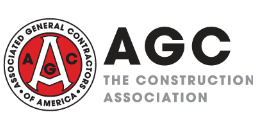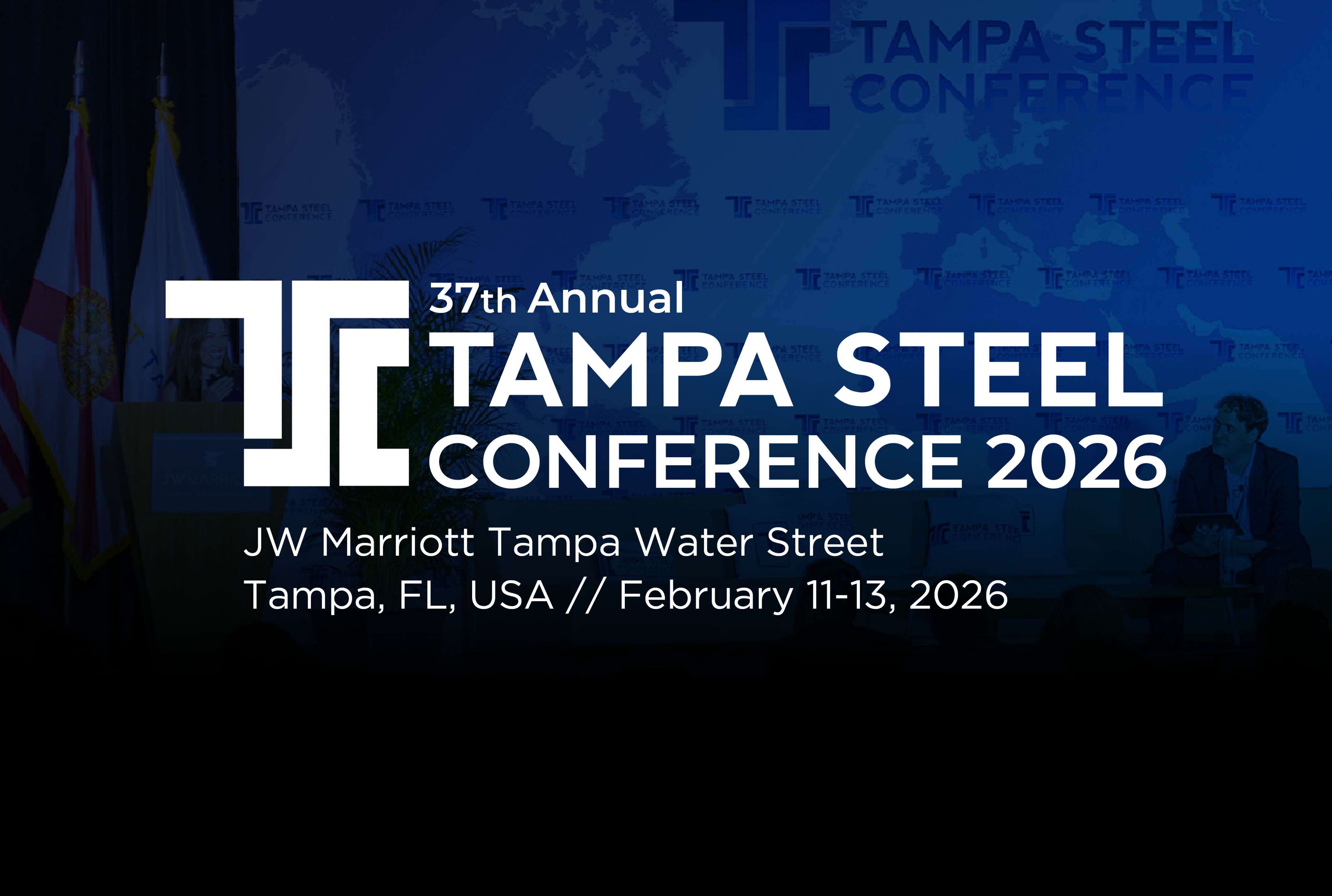Community Events

October 5, 2023
SMU Community Chat: Ken Simonson Shares the Latest on Construction
Written by Laura Miller
The automotive industry has been at the forefront of conversations in steel lately due to the ongoing United Auto Workers (UAW) strike. But those tuning in to SMU’s Oct. 4 Community Chat had the chance to hear about another major end-use market for steel: Construction.

Ken Simonson, chief economist at the Associated General Contractors of America (AGC), joined SMU’s managing editor Michael Cowden to chat about the latest happenings in construction markets. His presentation focused on three areas: labor force issues, materials cost issues, and where individual construction sub-sectors are headed.
The Arlington, Va.-based AGC is an association representing 27,000 firms active in the construction industry, including general contractors, specialty contracting firms, service providers, and suppliers.
Labor Force Issues
Simonson said construction employment has been growing almost everywhere in the US, with almost every state adding employees over the last year. The sector’s unemployment rate has been hovering around 4% for several years. That’s almost unprecedented to have it as low as other industries, he said.
He commented that employment in the non-residential sector has been growing at a faster rate as of late. A big surprise, he said, is that residential employment is still climbing despite a big drop-off in homebuilding.
A big takeaway when it comes to construction labor force issues: “Expect construction pay to continue to rise at almost an unprecedented rate,” Simonson said.
Materials Cost Issues
Contractors are still facing significant cost increases for both labor and materials, Simonson said. Because of the volatility in construction costs, contractors are wary about reducing prices. Subcontractors continue to pass through the higher materials costs in order to continue making money themselves.
Construction Outlook
Simonson said to expect a slowdown in some sectors due to rising interest rates.
A bright spot, according to Simonson: Manufacturing construction is hot right now. That will continue as companies choose to bring production back to the US, making the outlook for this sector very positive.
The outlook for commercial construction is not as good. Warehouse building had been leading that sector but “has cooled off” and is “rapidly heading towards zero,” Simonson said. He predicted the subsector will be negative in 2024.
Homebuilding appears poised for a slow recovery, according to Simonson.
He said that government funding, including the Infrastructure Investment and Jobs Act, the Chips Act, and the Inflation Reduction Act will provide major boosts to infrastructure, manufacturing, and power construction.
The most significant long-term challenge for construction is finding workers. “Slower population growth means fewer workers available and slower demand for housing,” Simonson noted.
A serial optimist, Simonson continues to believe the US will avoid a recession. Supporting this, he said, is strength from consumers, good job growth, and wages rising faster than inflation. He pointed out that businesses are still posting profits and reinvesting money into equipment, structures, and IT. Additionally, the federal government continues to pump out a lot of money for construction.
Participants tuning in to the Community Chat were given the opportunity to ask questions of Simonson. Some questions focused on housing affordability, the lack of skilled workers, when infrastructure monies will begin to show up, and pipeline infrastructure. To hear the entire conversation, subscribers can access the full replay on our website.
Simonson is regularly featured on SMU’s Community Chats. We thank him for this latest conversation and look forward to hosting and hearing from him again in the future.






